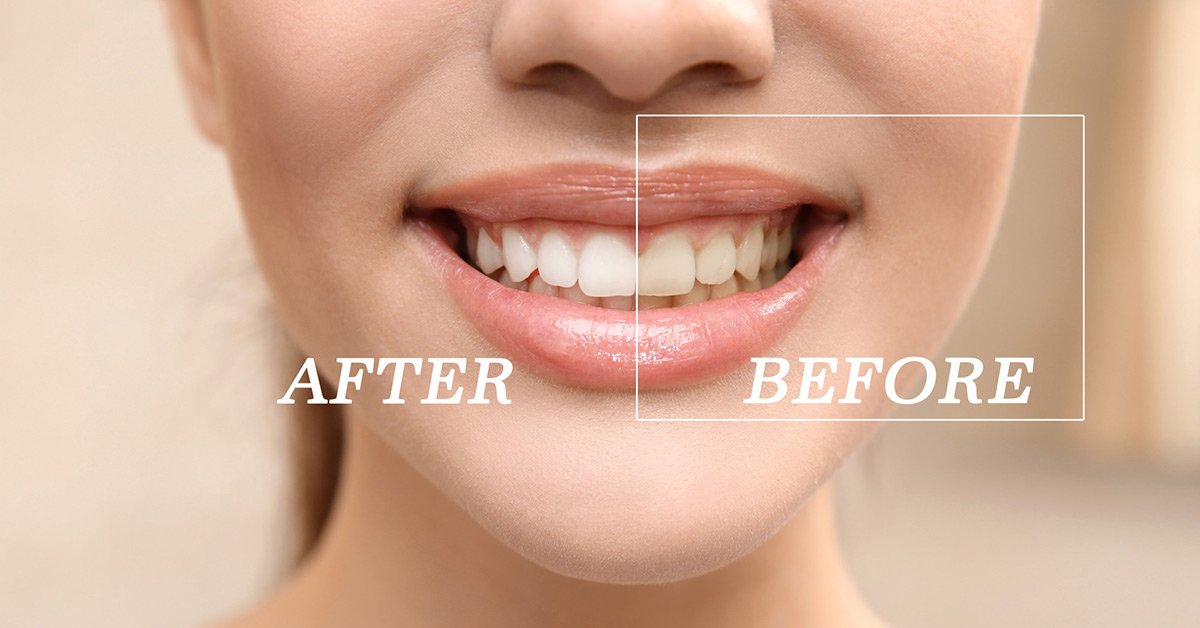Itching After Knee Replacement
The relief of finally undergoing knee replacement surgery can be quickly overshadowed by an unexpected and frustrating symptom: itching. For many patients, itching after knee replacement, also known as total knee arthroplasty (TKA), is a common complaint that can range from mild to severe. While it may seem like a minor issue compared to the surgical procedure itself, itching can significantly impact a patient’s quality of life and recovery process.
Understanding the Causes of Itching After Knee Replacement
Itching after knee replacement can stem from various factors, including:
- Healing Process: The body’s natural response to injury, including surgery, is inflammation. As the soft tissues around the knee begin to heal, they can become itchy due to the rebuilding of skin, muscle, and other tissues.
- Scarring: The formation of scar tissue can lead to itching sensations. As the scar matures, the itching usually subsides, but this process can take several months.
- Nerve Regeneration: During surgery, nerves can become damaged or irritated. As these nerves regenerate, patients may experience itching, tingling, or numbness in the affected area.
- Allergic Reactions: Some patients may be allergic to the materials used in the surgical procedure, such as surgical glue, sutures, or implants. These allergic reactions can manifest as itching, redness, or rashes.
- Medications: Certain medications, including antibiotics, pain relievers, or anticoagulants, can cause itching as a side effect.
- Dry Skin: The skin around the surgical site can become dry and itchy due to the use of harsh soaps, exposure to air, or changes in skin pH.
Managing Itching After Knee Replacement
While itching can be an annoying and uncomfortable symptom, there are several strategies to help manage it:
- Keep the Skin Moisturized: Applying a gentle, fragrance-free moisturizer to the affected area can help soothe dry skin and reduce itching.
- Avoid Harsh Soaps: Use mild, fragrance-free soaps and avoid harsh or abrasive cleansers that can strip the skin of its natural oils.
- Apply Topical Creams: Over-the-counter hydrocortisone cream or calamine lotion can help alleviate itching and reduce inflammation.
- Take Oral Antihistamines: In some cases, oral antihistamines, such as diphenhydramine, can be prescribed to help relieve itching and reduce the allergic response.
- Wear Loose, Comfortable Clothing: Tight clothing can irritate the skin and exacerbate itching. Wearing loose, breathable clothing can help reduce discomfort.
- Avoid Scratching: While it can be tempting to scratch the itchy area, this can lead to further irritation, infection, or scarring. Keeping the area clean and applying a cold compress can help reduce the urge to scratch.
When to Seek Medical Attention
While itching is a common symptom after knee replacement surgery, there are instances where medical attention is necessary:
- Severe Itching: If the itching is severe, unbearable, or interferes with daily activities, consult with your doctor or orthopedic surgeon.
- Infection: If you notice signs of infection, such as increased redness, swelling, warmth, or pus around the surgical site, seek medical attention immediately.
- Allergic Reactions: If you experience any signs of an allergic reaction, such as hives, difficulty breathing, or swelling of the face, lips, or tongue, call emergency services or seek immediate medical attention.
- Median Nerve Irritation: If you experience numbness, tingling, or itching in the median nerve distribution (the area supplied by the median nerve, including the thumb, index finger, middle finger, and half of the ring finger), consult with your doctor or orthopedic surgeon.
What are the common causes of itching after knee replacement surgery?
+The common causes of itching after knee replacement surgery include the healing process, scarring, nerve regeneration, allergic reactions, medications, and dry skin.
How can I manage itching after knee replacement surgery?
+To manage itching after knee replacement surgery, keep the skin moisturized, avoid harsh soaps, apply topical creams, take oral antihistamines, wear loose clothing, and avoid scratching.
When should I seek medical attention for itching after knee replacement surgery?
+Seek medical attention if you experience severe itching, signs of infection, allergic reactions, or median nerve irritation.
In conclusion, itching after knee replacement surgery is a common symptom that can be managed with the right strategies and medical attention when necessary. By understanding the causes of itching and taking proactive steps to alleviate it, patients can focus on their recovery and regain their quality of life. If you’re experiencing itching after knee replacement surgery, consult with your doctor or orthopedic surgeon to determine the best course of treatment and ensure a smooth recovery.


